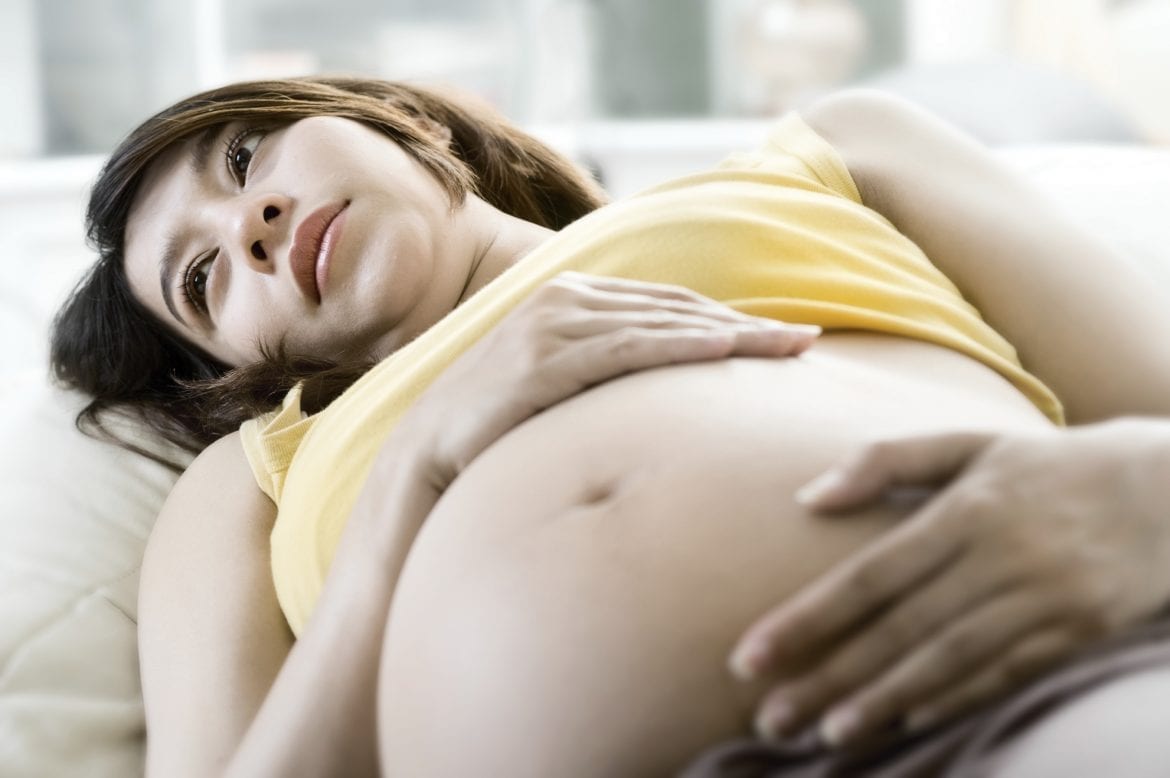How will my sleep pattern change?
You’re pregnant and the thing you need more than ever – sleep – is the one thing you just can’t seem to get. You may be surprised to learn that it’s not just in your last trimester that pregnancy disrupts your sleep patterns. Read on to find out how pregnancy changes your sleep.
In the first trimester your progesterone levels rise dramatically, causing fatigue. Forget sleeping through the night; your uterus is enlarging near your bladder and creates the urge to go to the bathroom more often.
In the second and third trimester, the amount of blood circulating in your body increases to support your growing baby. This causes the capillaries in your nasal passages to swell, which can create nasal congestion and snoring. If you have persistent snoring and/or excessive daytime sleepiness, report these symptoms to your healthcare provider as they can also be signs of sleep apnea, which is more common in pregnant women than in non-pregnant women.
Sleep apnea is a condition marked by brief interruptions in breathing during sleep and this condition can increase your risk of developing high blood pressure in pregnancy.
During the second trimester your uterus rises out of your pelvis and eases its impact on your bladder, reducing your urge to go to the bathroom as often. Enjoy this respite as the urge to go returns in your third trimester when your baby is big enough to put pressure on your bladder again.
Don’t be surprised, however, to find your baby keeping you up at night. Your baby is big enough to move quite strongly and this may make your sleep lighter. You may find your baby becomes more active when you lay down, as getting off your feet increases blood flow to the baby through your placenta.
You may also begin to experience leg cramps strong enough to wake you in the night during pregnancy, especially in the third trimester. Try to prevent cramps by eating calcium-rich foods, sleeping on your side to improve your circulation and try a warm, relaxing bath before bed.
Restless leg syndrome, which is experienced as crawling sensations in your legs when you lay down, may develop during pregnancy and keep you from falling asleep. This condition is associated with anemia so be sure to discuss these symptoms with your provider.

Comments are closed.